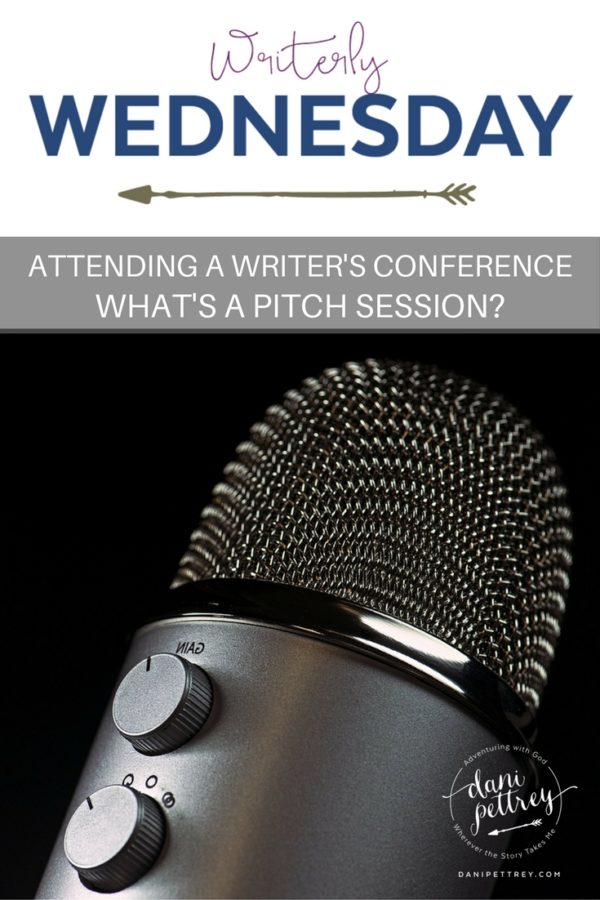Writerly Wednesday--Grab an Editor's Attention
 Happy Wednesday, friends! Thanks so much for joining me, and for giving my previous guests such a warm welcome. It's getting to be that time of year when a number of writing conferences take place, including my favorite--#ACFW. The American Christian Fiction Writers conference takes place once a year and this year it's in Nashville. I can't wait! I love Nashville, but since I'm not overly familiar with it, I would love if you could share any restaurant or sight-seeing recommendations.
Happy Wednesday, friends! Thanks so much for joining me, and for giving my previous guests such a warm welcome. It's getting to be that time of year when a number of writing conferences take place, including my favorite--#ACFW. The American Christian Fiction Writers conference takes place once a year and this year it's in Nashville. I can't wait! I love Nashville, but since I'm not overly familiar with it, I would love if you could share any restaurant or sight-seeing recommendations.
Conferences mean spending time with other writers who understand the in's and out's of writing and the crazy journey a writer traverses. I LOVE spending time with other writers and I'm looking forward to seeing dear friends. Conferences also include opportunities for learning and, because I believe that you never get to a point where you should stop learning--ever, I'll be attending several workshops myself.
I will also be co-teaching a workshop with the awesome Becky Wade on Extreme Skills for Writers. This workshop focuses on combating the biggest joy-stealers that many writers face. I'll share those here with you after the conference. I'm also solo teaching (yikes!) a workshop on voice. So many writers hear 'you need to have a strong voice,' and yet the concept of voice remains elusive. I'll be sharing more on that topic after I return as well so, if you're interested, be sure to check back.
Today, I'm going to share with those of you who may be planning on attending a conference, or those interested in what writers go through, how to survive a pitch session.
What's a pitch session?
A pitch session is simply a short period of time (typically fifteen minute slots) where an aspiring or published author can sit down face-to-face with an editor or agent and pitch their story.
What's a story pitch?
A story pitch is, essentially, encapsulating your entire three-hundred page manuscript into a matter of carefully crafted minutes.
Sounds crazy, right?
Trust me, when you are sitting there with your palms sweating and heart racing, it feels a lot like you're on a tilt-a-whirl. Then, even if you make it through your actual pitch, you have to be ready to answer questions and sound somewhat coherent and knowledgeable. Some people ace this entire thing while others, like me, feel more like you're on a carnival ride. Either way, here are some practical steps that you will hopefully find helpful:
- Remember that the editor or agent is a person just like you -- even if their nickname is 'Dream Crusher'. (Yes, he truly exists and guess what, he's my editor and a truly wonderful person.)
- Have your pitch prepared well in advance. Put it on index cards and practice on whoever will listen to you until you can read it concisely and with confidence.
- Bring your index cards to your pitch session. Yes, you are allowed. Try not to refer to them but, if you get stuck, you can glance down at your lap, remember where you are, and get on with it.
- Make sure your pitch includes the premise* of your story, introduces your characters, and shows how the characters will be forced to change and grow.
- Dress professionally. If you want to show them you are taking your writing and future career seriously, then please don't show up in worn out jeans and a ratty t-shirt (I've seen it).
- Bring a business card, so they have a way to reach you.
- Bring your one sheet. What's a one sheet? Well, I'll be covering that next week on Writerly Wednesday along with sharing my one sheet for Submerged.
*Premise: If you aren't sure what a premise is or how to create one, see this previous post.
I hope you all have a fabulous week! Please feel free to ask any questions you have regarding pitches and any conference questions in general. I am always happy to answer.
